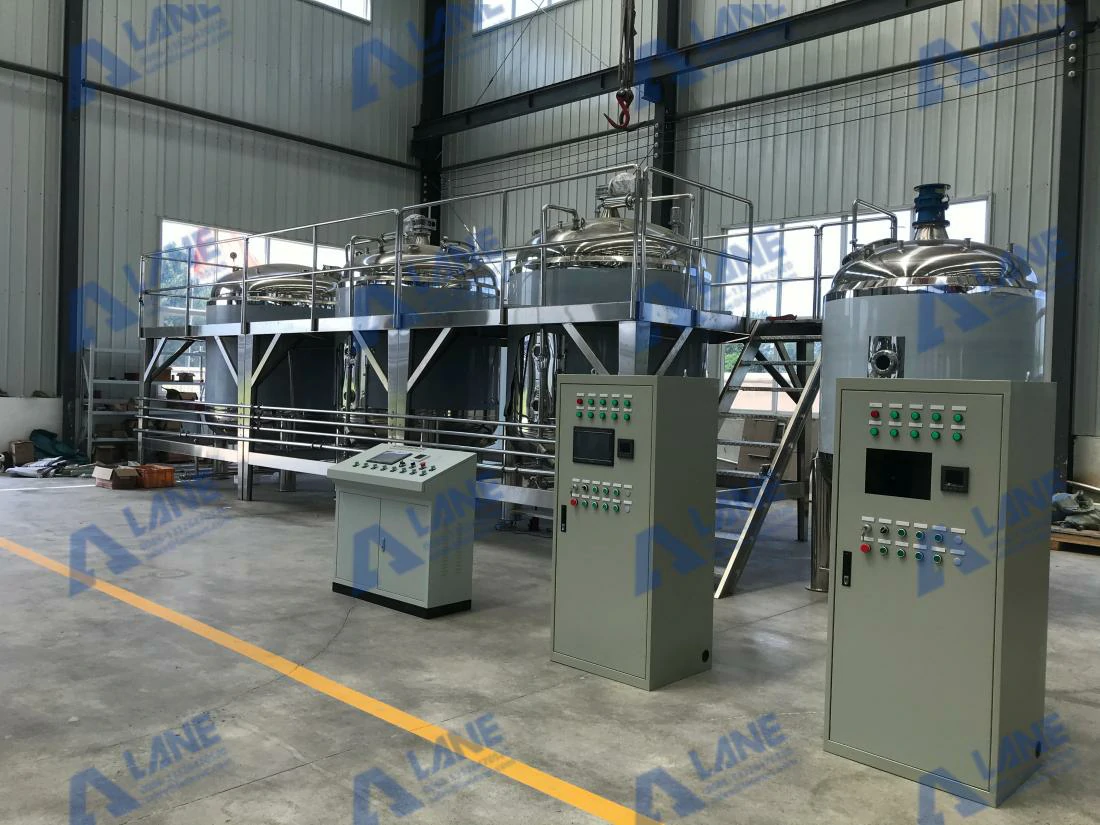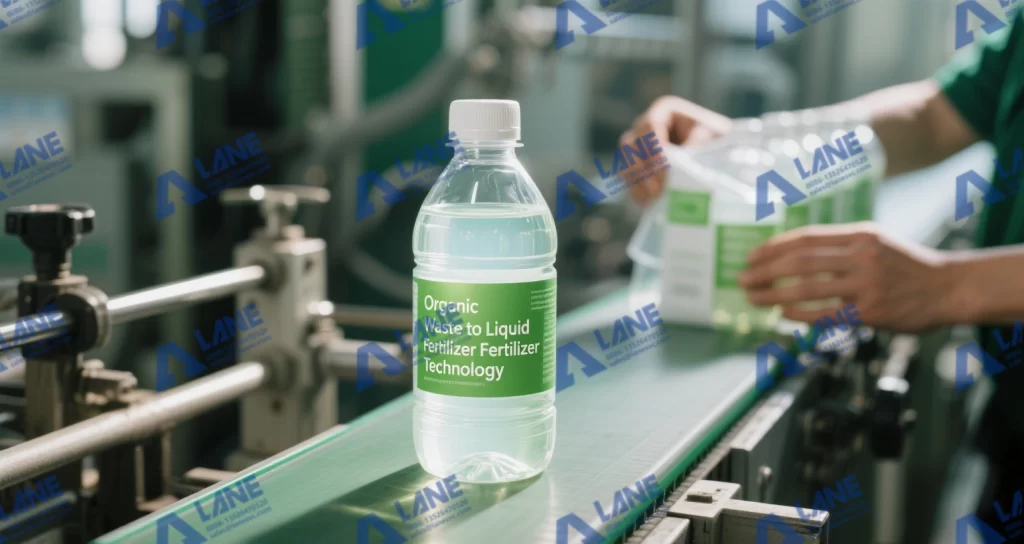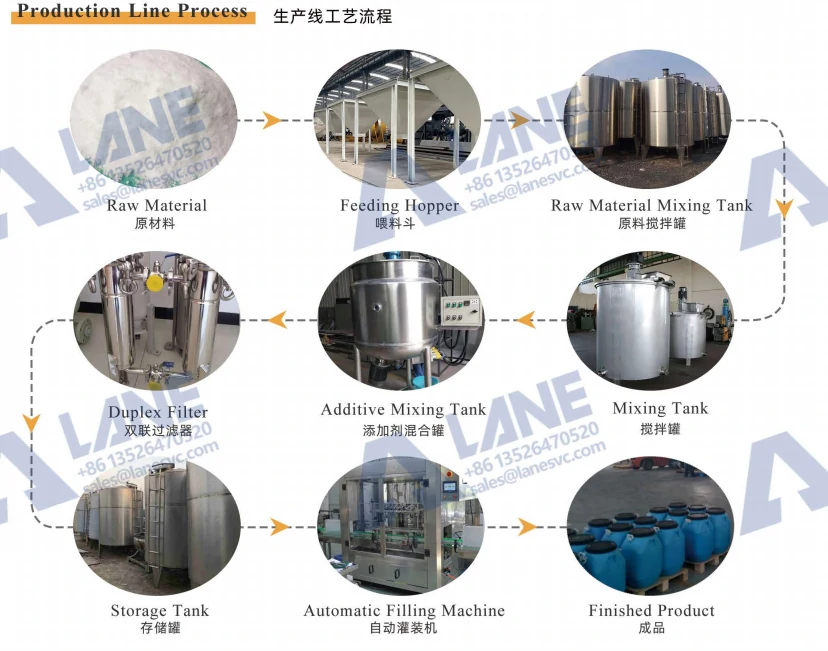
What is Liquid Manure and How It Benefits Modern Agriculture
What is liquid manure? This question is becoming increasingly relevant as farmers and agribusinesses worldwide search for sustainable ways to enhance soil fertility and increase crop yields. Liquid manure, also known as slurry or liquid fertilizer, is a nutrient-rich solution derived from animal waste mixed with water. Unlike solid manure, liquid manure can be easily transported, stored, and applied directly to crops, making it an efficient and eco-friendly fertilization method.
In this article, we will explore what liquid manure is, its benefits, production methods, practical applications, and how modern technology—including equipment from LANE—can help farmers maximize its potential.

Liquid manure is essentially the liquid portion of animal waste, usually derived from cattle, pigs, poultry, and other livestock. It contains essential nutrients for plant growth such as nitrogen, phosphorus, and potassium. Unlike traditional composting, liquid manure is easier to apply over large fields and can be applied through irrigation systems or specialized spraying equipment.
Key characteristics of liquid manure include:
High nutrient concentration
Moisture content that facilitates absorption by plants
Compatibility with mechanized application
Potential to improve soil structure and microbial activity when properly managed
LANE provides equipment that allows farms to efficiently collect, store, and process liquid manure into safe, high-quality fertilizer products suitable for crops of all types.
| Component | Description | Agricultural Benefits |
| Nitrogen (N) | Promotes leaf and stem growth | Enhances vegetative growth |
| Phosphorus (P) | Supports root development and flowering | Improves root health and fruit/seed quality |
| Potassium (K) | Increases resistance to disease and stress | Strengthens plants and improves yield |
| Water | Acts as a carrier for nutrients | Facilitates uniform distribution on fields |
| Microorganisms | Beneficial bacteria and fungi | Enhances soil fertility and nutrient cycling |
Proper management of liquid manure is crucial. Excessive application can lead to nutrient runoff, water pollution, and odor issues. Modern processing systems, like those offered by LANE, allow farms to optimize nutrient content and minimize environmental impact.

Cost-Effective Fertilization: Reduces the need for expensive chemical fertilizers while recycling on-farm waste.
Sustainable Agriculture: Converts animal waste into valuable nutrients, supporting eco-friendly farming practices.
Improved Soil Health: Enhances microbial activity, moisture retention, and soil structure.
Ease of Application: Can be pumped, sprayed, or integrated into irrigation systems, saving time and labor.
Environmental Protection: Properly managed liquid manure reduces greenhouse gas emissions and nutrient runoff.
LANE’s liquid manure processing solutions provide farmers with equipment that balances nutrient concentration, removes solids when necessary, and prepares the manure for safe storage or immediate field application.
Understanding what liquid manure system is also involves knowing the practical steps and equipment involved in its production. Modern liquid manure systems, like those supplied by LANE, combine collection, processing, storage, and application to create a nutrient-rich fertilizer efficiently.
Step 1: Collection
The first step is to collect animal waste from livestock barns, poultry houses, or pigsties. Equipment such as automatic scrapers, conveyor belts, or manure pumps can efficiently transfer raw waste to the processing area, minimizing labor and contamination.
Step 2: Dilution and Homogenization
Raw waste is usually too thick for direct application. Water is added to achieve the desired consistency. A stainless steel mixing tank or industrial agitator is commonly used to homogenize the mixture, ensuring even nutrient distribution and preventing sedimentation.
Step 3: Filtration
To remove larger solids and ensure smooth application, the liquid manure passes through a dual filter system. This typically includes a coarse filter for large debris and a fine filter to remove smaller particles. Proper filtration prevents clogging in pumps and irrigation systems.
Step 4: Storage
Processed liquid manure is stored in stainless steel storage tanks or aerated lagoons. Aeration helps control odor, reduces harmful gases, and maintains nutrient levels. Storage tanks may be equipped with level sensors and temperature controls to monitor and optimize conditions.
Step 5: Optional Processing
Some farms use additional processing equipment:
Fermentation tanks – Enhance nutrient availability and reduce pathogens
Centrifugal separators – Further separate solids for composting or pellet production
pH control units – Ensure the manure is safe for crops and soil
Step 6: Application
Finally, the liquid manure system is applied to fields using pumps, sprayers, or irrigation integration systems. Advanced setups may include drip irrigation injectors or boom sprayers, allowing precise nutrient delivery directly to crop roots, maximizing efficiency and minimizing waste.
By integrating equipment like stainless steel mixing tanks, stainless steel storage tanks, and dual filter systems, farmers can produce high-quality liquid manure safely and consistently. LANE’s solutions are designed to handle different scales, from small farms to industrial operations, ensuring adaptability and durability.

Understanding what liquid manure is is crucial for modern sustainable agriculture. It represents a practical, eco-friendly, and cost-effective alternative to chemical fertilizers, offering significant benefits for soil health, crop yield, and farm profitability. With LANE’s advanced liquid manure processing solutions, farmers can convert waste into valuable fertilizer efficiently, safely, and profitably.
Investing in liquid manure systems is not just about fertilizer—it’s about creating a sustainable, productive, and environmentally responsible agricultural operation.
For more details, please feel free to contact us.
Henan Lane Heavy Industry Machinery Technology Co., Ltd.
Email: sales@lanesvc.com
Contact number: +86 13526470520
Whatsapp: +86 13526470520
Leave a Comment
Latest Posts
LANE has more than 500 successful cases and is committed to providing customers with first-class solutions, high-end machinery and equipment, and one-stop pre-sales, sales and after-sales comprehensive customer service.